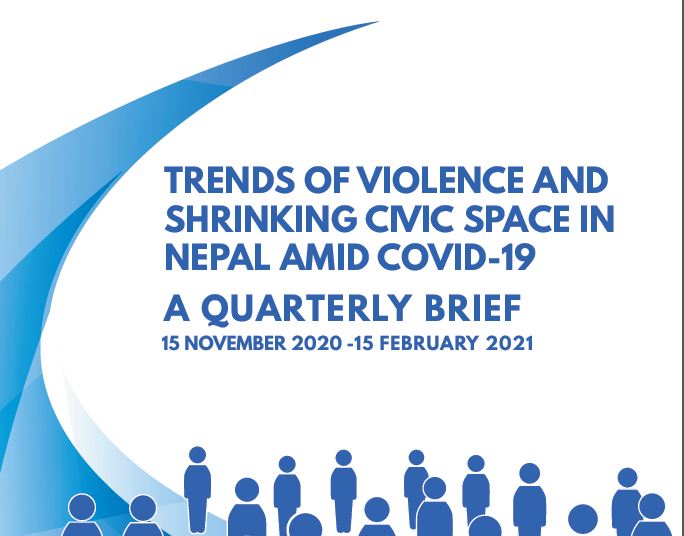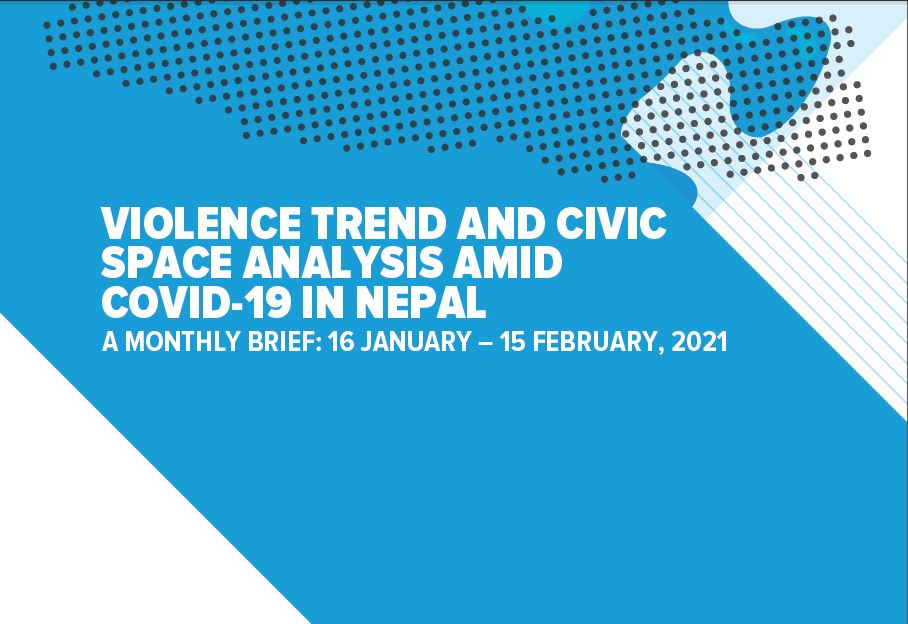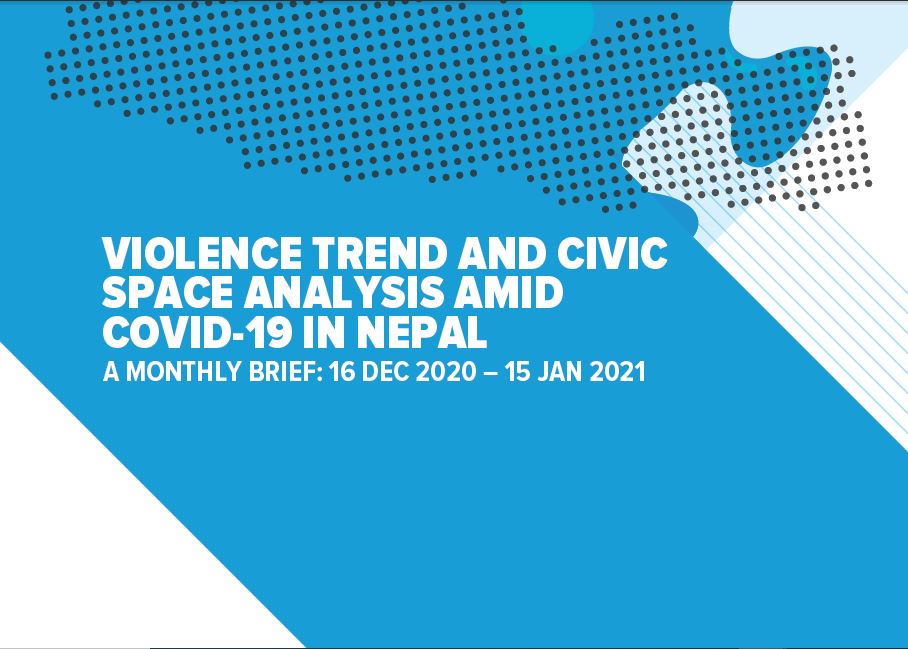Incident Reports
Disabled community leaders demand political rights
2015-07-05
Leaders of the disabled community met with politicians on Saturday, demanding that the recently released draft of the constitution address their political rights in its final version. Sudarshan Subedi, a human rights lawyer and national chairperson of the National Federation of the Disabled, said that the activists handed the political party leaders—including Prime Minister Sushil Koirala, KP Oli, and Pushpa Kamal Dahal—a written document which highlights the importance of ensuring the political participation of people with disability. “It is very crucial that our political rights are ensured now in the constitution. Our participation should be in all state bodies—from the national to the local level,” he said.
While the draft of the constitution secures the social, health, educational, and cultural rights of the disabled, it is silent on their political rights. The activists raised concerns over two articles in particular: article 23 and 88. Article 23, which is about rights to equality, fails to mention the rights of disabled persons to enjoy political rights on an equal footing. Article 88, which talks about the proportional electoral system, lists marginalized groups such as women, Dalits, Raute, Tharus, Muslims, indigenous minorities, but not disabled persons. “It is important that our representatives are elected to positions at all levels,” said Subedi.
In their document presented to the lawmakers, the activists also pointed out several other articles in the constitution that need to be amended to include disabled people, such as article 47 on social justice and article 55 on social security and inclusion. Alpana Bhandari, a disability rights advocate, said that since Nepal has ratified international conventions on rights of the disabled, it is obliged to follow through. Article 29 of the UN Convention on the Rights of Persons with Disability states that the state should guarantee persons with disabilities political rights and the opportunity to enjoy them on an equal basis which includes ensuring that disabled people can effectively and fully participate in political and public life on an equal basis with others. “Nepal has ratified both the convention and its optional protocol without reservation, which means that the constitution is obliged to acknowledge the political rights of people with disabilities,” said Bhandari. “Disabled people are not objects of charity. It’s a major human rights issue. All of their rights need to be ensured.” According to the Nepal Disabled Human Rights Centre, around two percent of the total population of Nepal has some kind of disability, with most of them socially and economically backward. Subedi said that the leaders listened to their concerns and promised to take action. “They have said they will make amendments to the constitution but a promise is not enough. We will have to follow up and watch the process,” said Subedi.
Details and Impacts
| Violent / Non-violent | Nonviolent |
| Primary Form | Other forms of non-violent protest |
| Primary Cause | Other governance issues |
| Actor 1 - Number of people | n/a |
| Actor 1 - Affiliations | Citizen/Individuals |
| Actor 1 - Youth | na |
| Actor 2 - Number of people | n/a |
| Actor 2 - Affiliation (Target) | Government and civil servants at central level |
| Actor 2 - Youth | na |
Related Reports
Human Rights / Mahottari
Woman subjected to assault and inhumane treatment on witchcraft allegation in Mahottari
Human Rights / Sankhuwasabha
Two killed in prison in Sankhuwasabha: Seven inmates taken into custody for investigation
Interpersonal Violence / Kanchanpur
Inmate being subjected to physical assault and threat in prison accuses family members
Human Rights / Bara
Woman subjected to assault and inhumane treatment on witch craft allegation in Bara
Related Trend Analysis
Analysis

THE NEPAL PEACE MONITOR ANNUAL REVIEW: 2020
October 25, 2021
Human Trafficking / LGBT+ Rights / GBV / Political / Children’s Rights / Senior Citizens’ Rights / HRD Issues / Human Rights / Interpersonal Violence / Governance / Covid-19 / Civic-Space / PwD
Analysis

COCAP BIWEEKLY: INCIDENTS SURROUNDING COVID-19 January 16 - 31, 2021
February 04, 2021
GBV / Human Rights / Governance / Covid-19
Analysis

COCAP BIWEEKLY: INCIDENTS SURROUNDING COVID-19 January 1 - 15, 2021
January 21, 2021
GBV / Human Rights / Governance / Covid-19




